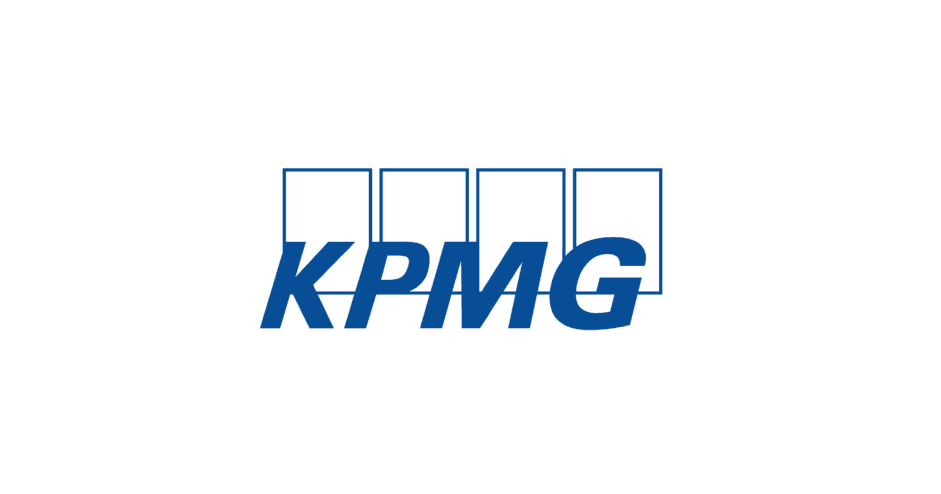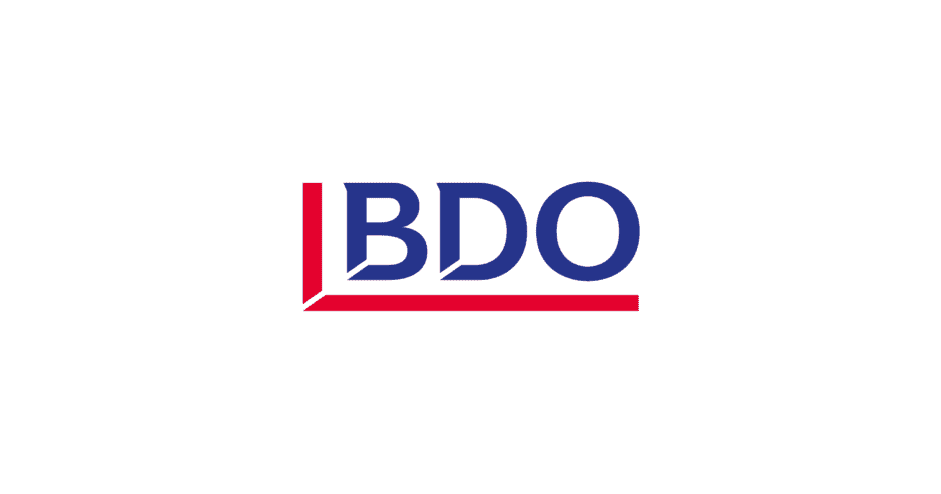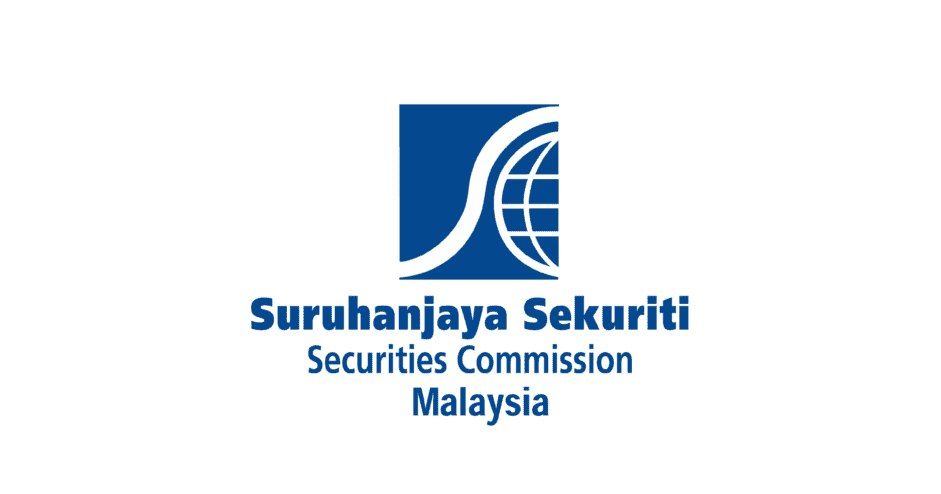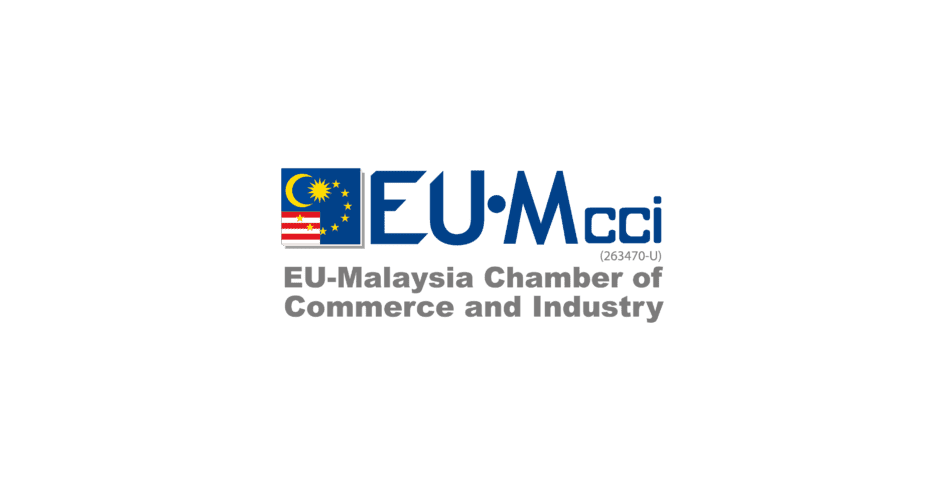YB Tuan Lim Guan Eng
Minister of Finance Malaysia
Keynote Address
by YB Tuan Lim Guan Eng,
Finance Minister of Malaysia
International Directors Summit 2019
Tuesday, 15 October 2019
Yang Berbahagia Tan Sri Zarinah Anwar
Chairman of Institute of Corporate Directors Malaysia
Distinguished guests, speakers, Ladies and Gentlemen,
Good morning,
INTRODUCTION
- Thank you to the Institute of Corporate Directors Malaysia (ICDM) for inviting me to deliver the Keynote Address at this inaugural International Directors Summit 2019 (IDS2019) on the topic: The Trust Compass: Resetting The Course.
REBUILDING TRUST
- Old scandals have put us in the global spotlight for the wrong reasons, and eroded much of the trust in the government’s ability to safeguard the interests of investors, businesses and the people in accordance with the rule of law.
- This Government is rebuilding public trust and delivering a corrupt- free administration through. One example how we are doing so is the implementation of the National Anti-Corruption Plan (NACP) to combat abuses within the administration. The Malaysia Anti-Corruption Commission (MACC) and the National Audit Department are among the two bodies critical in making our anti-corruption plan a success. Integrity works when you are doing the right thing even when no one is looking at you
- The NACP framework imposes ethical practices throughout the administration by requiring ministries and agencies to develop Organisational Anti-Corruption Plan (OACP). The NACP focuses 6 key corruption-prone areas: political governance, public sector administration, public procurement, legal and judicial, law enforcement, and corporate governance.
GOOD GOVERNANCE IS GOOD FOR BUSINESS
- Corruption is not only a public sector problem. The private sector is not immune from it.
- According to PWC in its 2018 Global Economic Crime Survey, 41% of Malaysian respondents had suffered fraud or economic crime last year. This is up from 28% in 2016. The survey also found that 69% of the most impactful frauds suffered by organisations were committed by the organisations’ own members. Indeed, 32% of those frauds were perpetrated by senior management.
- The Government is addressing corruption in the public and in the private domain. The new corporate liability provision in the MACC Act 2019 under Section 17A will be enforced come 1 June 2020, whereby a commercial organisation and its directors may be found liable for corrupt acts committed by any persons associated with the organisation, including its employees
- Reforms and anti-corruption measures by the Government are improving the quality of governance in and out of the public sector. In the CLSA-ACGA Corporate Governance Watch 2018 report, Malaysia went up from 7th to 4th out of 12 top Asia-Pacific economies. The publication cited concrete moves made by the current Government to tackle endemic corruption as a cause for the improvement.
- Furthermore, the World Bank last week released the latest 2019 Worldwide Governance Indicators (WGI) that measure institutional quality of more than 200 countries. Malaysia is among the best improved countries in the WGI, especially in the areas of accountability, government effectiveness, rule of law and anti-corruption.
- The WGI is an important index because it feeds directly into credit rating agencies’ model that determines a country’s sovereign credit ratings. Improvement in our institutional quality will assist Malaysia in keeping our sovereign credit ratings high at A3 or A- with a stable outlook. Indeed, one factor behind Malaysia’s high rating is our commendable level of transparency that was absent in the past.
REFORMS ARE THE FOUNDATION OF ECONOMIC RESILIENCE
- Our institutional reforms are the bedrock of our economic resilience. Malaysia is among the few economies in the world that experienced faster GDP growth in the second quarter relative to the previous one. Thanks to our strong performance in the first half of 2019, the Government projects Malaysia’s GDP growth to be at 4.7% for this year, before accelerating slightly to 4.8% next year.
- If 2018 and 2019 were the years we focused on cleaning up the Government, 2020 is the year we go out and make the push to join the ranks of the developed economies. Unfortunately, our push for Vision 2020 was derailed by previous excesses.
- Budget 2020 I tabled last week is focused on reindustrialising Malaysia by digitalising our SMEs, encouraging our best large local companies (LLCs) to go out to the export market globally, and by attracting multinational companies (MNCs) to build their hubs in Malaysia. These plans will raise Malaysia’s productivity and integrate our economy better with the global supply chain.
- Digitalisation efforts will be supported by the RM21.6 billion National Fiberisation and Connectivity Plan (NFCP). The NFCP is the digital backbone that will provide Malaysia with faster and wider broadband coverage, while preparing the country for the proliferation of 5G technology.
- But as we digitalise and reindustrialise, we should not forget what matters to the people, and that is jobs. The Government is preparing to launch the Malaysians@Work programme, an initiative to provide Malaysian youth and graduates the additional incentives to work. It also provides incentives for employers to make new hires. This will be a massive exercise, costing the Government RM6.5 billion over 5 years in order to create 350,000 new jobs.
- One component of Malaysians@Work revolves around getting women back to work. Our female labour force participation rate is low at only 55% due to various factors. This is well below the Government’s target of 60%. The World Bank in its recent report states that our income per capita could increase by 26% if we eliminate all the barriers women faced in the labour market.
- While we still have some ways to go in order to achieve higher women participation rate, we have some success on this front. Women now hold many of the top jobs in Malaysia. Among them is the First Woman Deputy Prime Minister, the Chief Justice, the Governor of Bank Negara Malaysia, the Chief Commissioner of MACC and the chairperson of Bursa Malaysia. Moreover, we are closing in on our target to have at least 30% women on the Board of Directors of the top 100 listed companies in Malaysia. According to the Securities Commission, women representation has increased to 23.7% in 2018 from 16.6% in 2016.
LEADING BY EXAMPLE AT THE TOP
-
- While rules and regulations are important in improving integrity, they alone are not sufficient. The Board of Directors needs to set the right tone from the top. A culture of integrity and ethics is central to good governance and it must be put into practice in every aspect of the company’s operations.
- Being a director today is a challenging job. There is greater demand for scrutiny on performance and conduct, as well as accountability in discharging their roles and responsibilities. Rebuilding of trust lies within the drivers of the company, and how well they can demonstrate accountability and transparency.
- We are moving in the right direction. It is encouraging to note that the 2019 Corporate Governance Monitor report published by the Securities Commission shows 70% or 841 listed countries have adopted 27 of the best practices listed in the Malaysian Code on Corporate Governance (MCCG).
- Here, I would like to once again stress the institutional reforms we have carried out in the public sector. Open tender is now the norm within the Government, and it has raised the efficiency and the transparency of government spending. To raise the transparency level further, this Government is completing its shift from cash-based to accrual basis accounting by 2021. Once completed, the shift will give all stakeholders a comprehensive view of public finances, and minimise abuses of the past from being repeated.
CLOSING
Ladies and gentlemen,
- ICDM will have a role in enhancing the professionalism of corporate directors. At this summit, I hope to see useful new ideas that will improve accountability in the corporate world, and strengthen Malaysia’s position as a key market for investors in the region.
Thank you.















